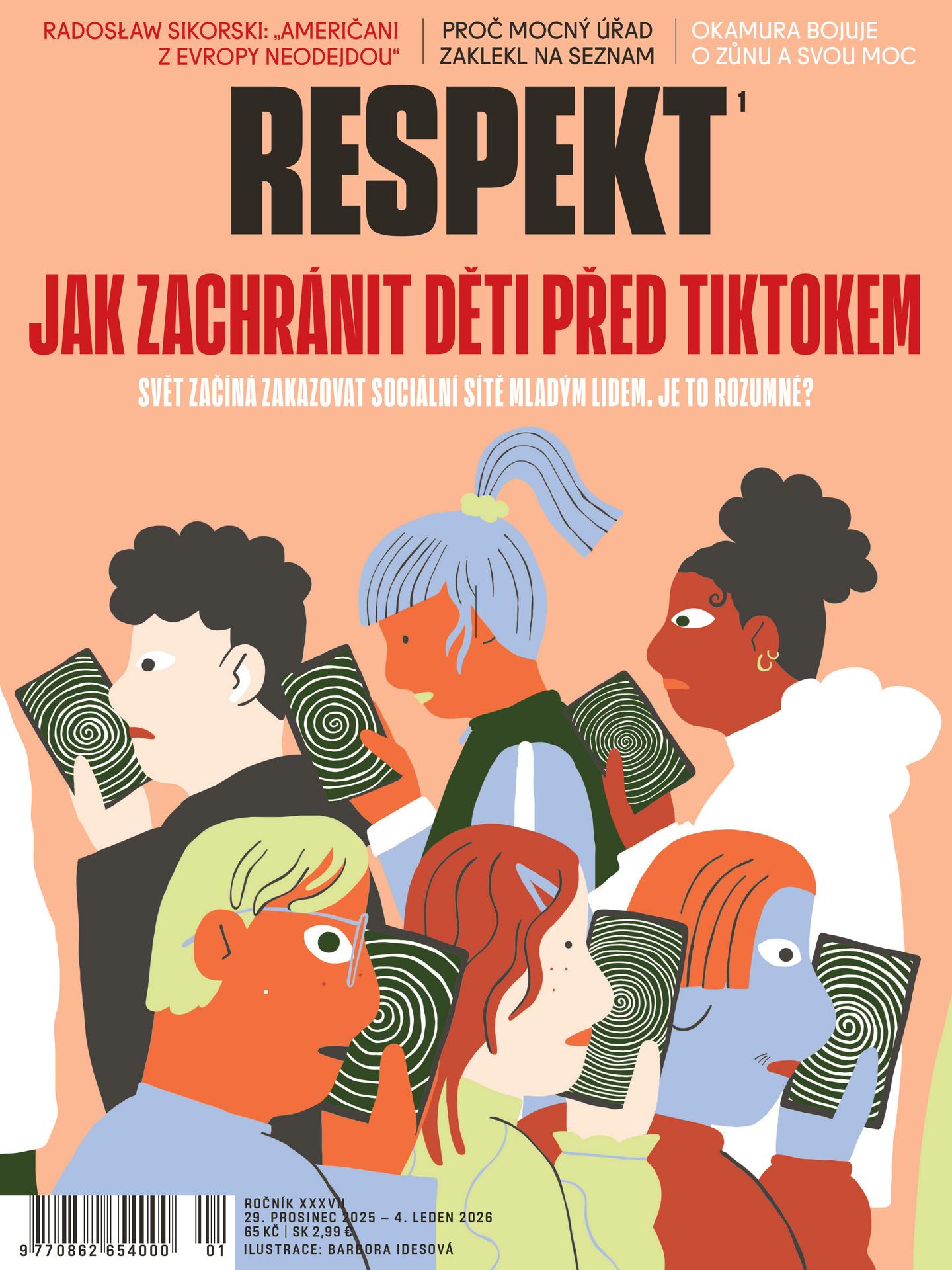An ingeniously simple business that may soon be gone
The way to Czech meal vouchers was once paved by communist-era union vouchers. Their post-1989 renaissance was the work of companies with years of experience from France.

The owner of the restaurant Pivovarský dům in Prague's Ječná Street has a reason to be nervous. Weekday lunches make up roughly one-quarter of his revenues, and half of the lunch eaters pay with the popular meal vouchers. The meal vouchers that the government now pledges to abolish.


„Price matters to many of our guests. If they don't get vouchers, they won't have the motivation to come here,“ says Aleš Dočkal, the owner. Last week, the Civic Democrats (ODS) sent to Parliament a proposed amendment to the income tax law, which no longer supports meal vouchers. But the demise of a remarkable dining system that makes Germans, for instance, shake their heads in disbelief will not be so smooth.
Meal vouchers as a tranquiliser
The way to Czech meal vouchers was once paved by communist-era union vouchers. Their post-1989 renaissance was the work of companies with years of experience from France. The Czech oddity is that there has been no fierce competition among these voucher companies. Instead, they arrived in waves: Those coming later filled empty spaces and all of them enforced handsome margins footed by both employers and retailers.
How does this simple and fairly profitable system work? The government loses about CZK 1.3 billion in taxes yearly because of the vouchers. The voucher networks print meal vouchers, sell them to…
Předplaťte si Respekt a nepřicházejte o cenné informace.
Online přístup ke všem článkům a archivu










